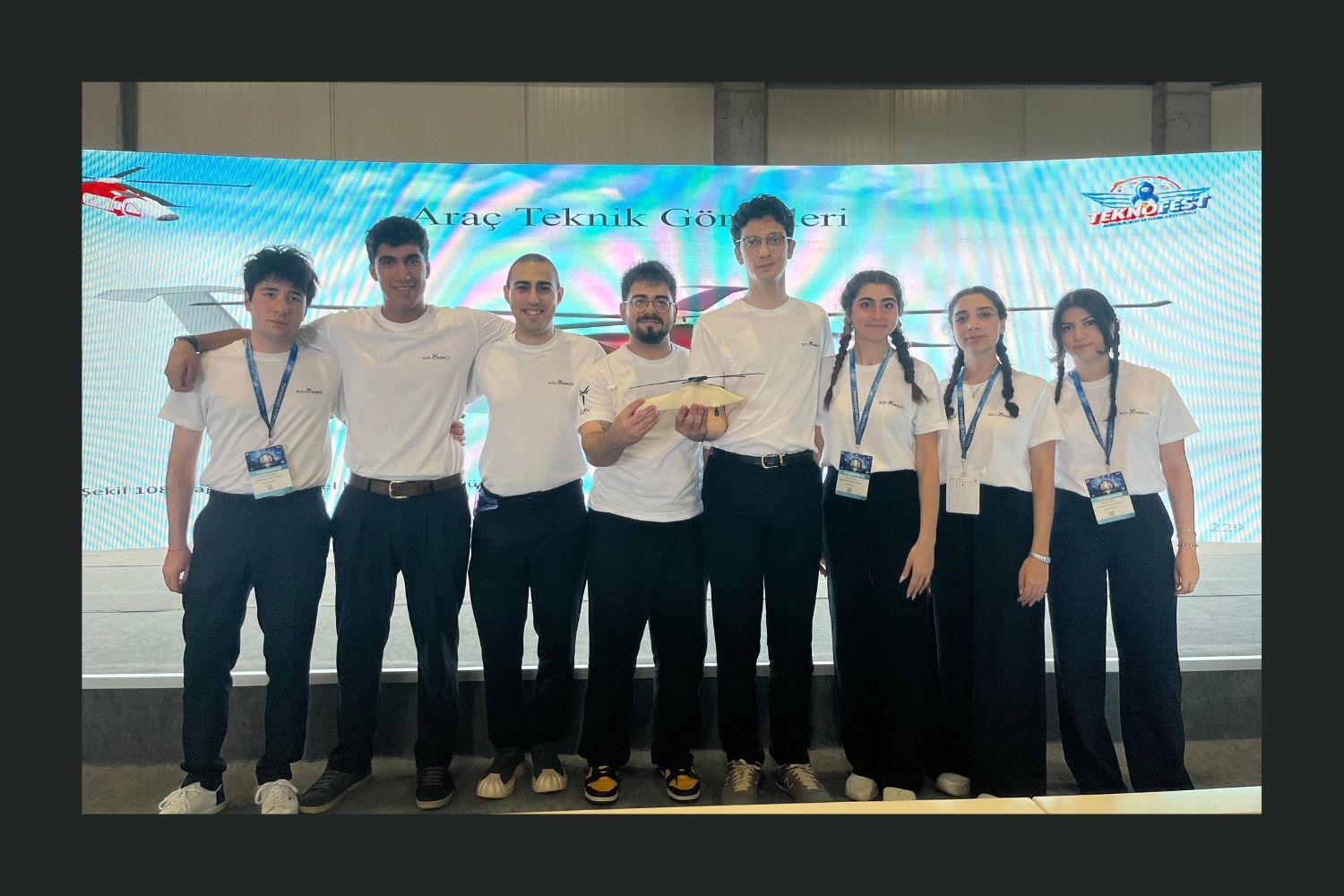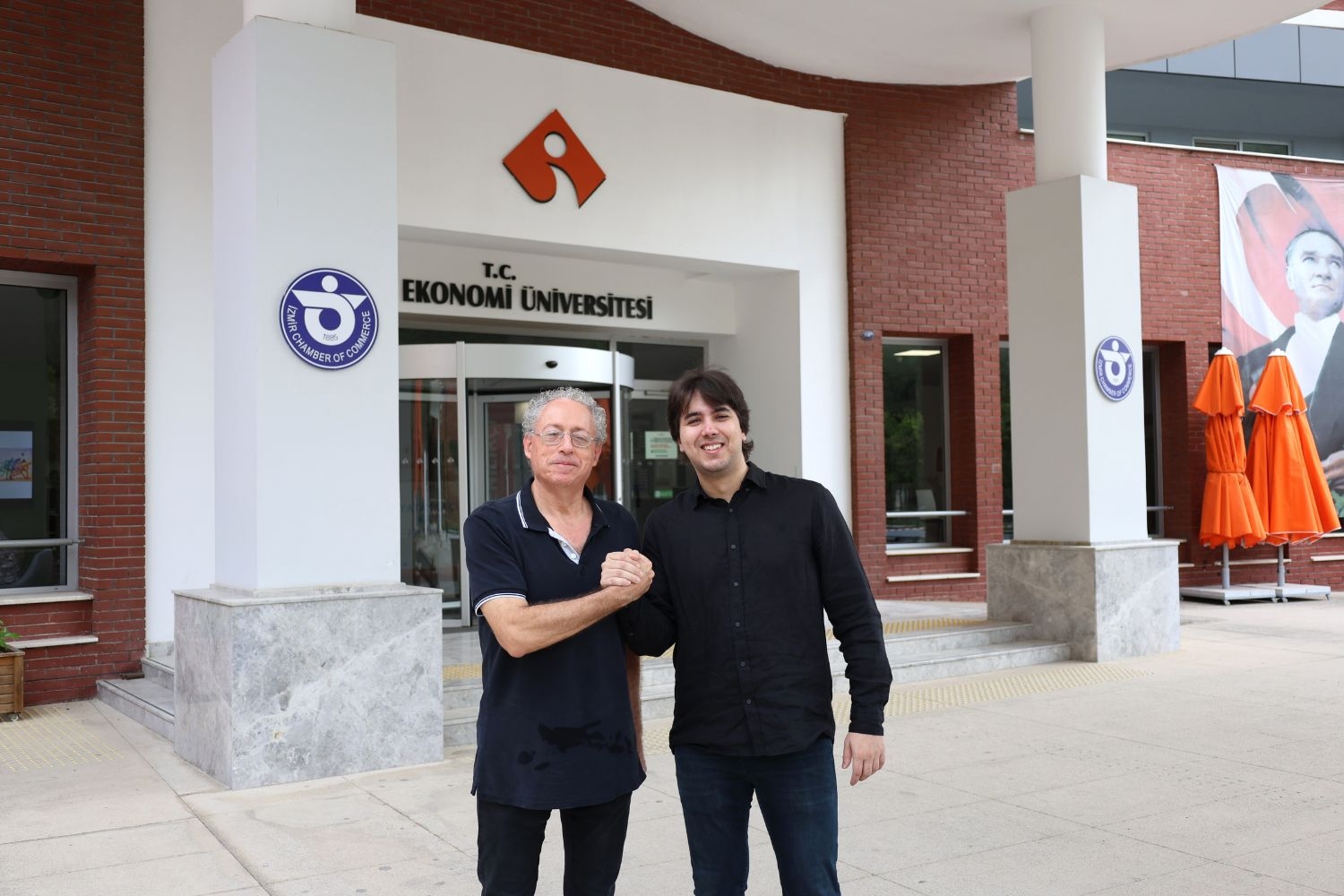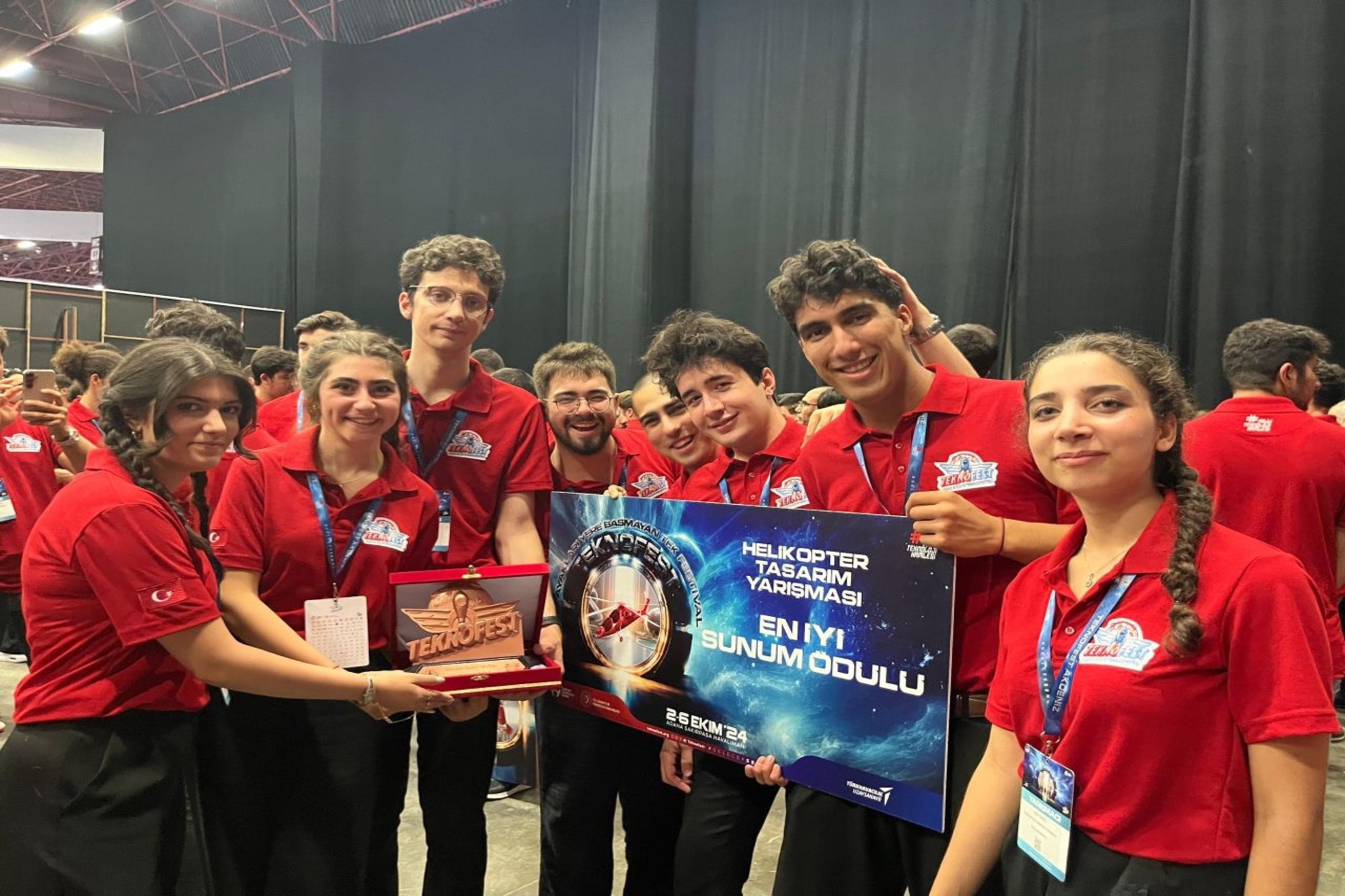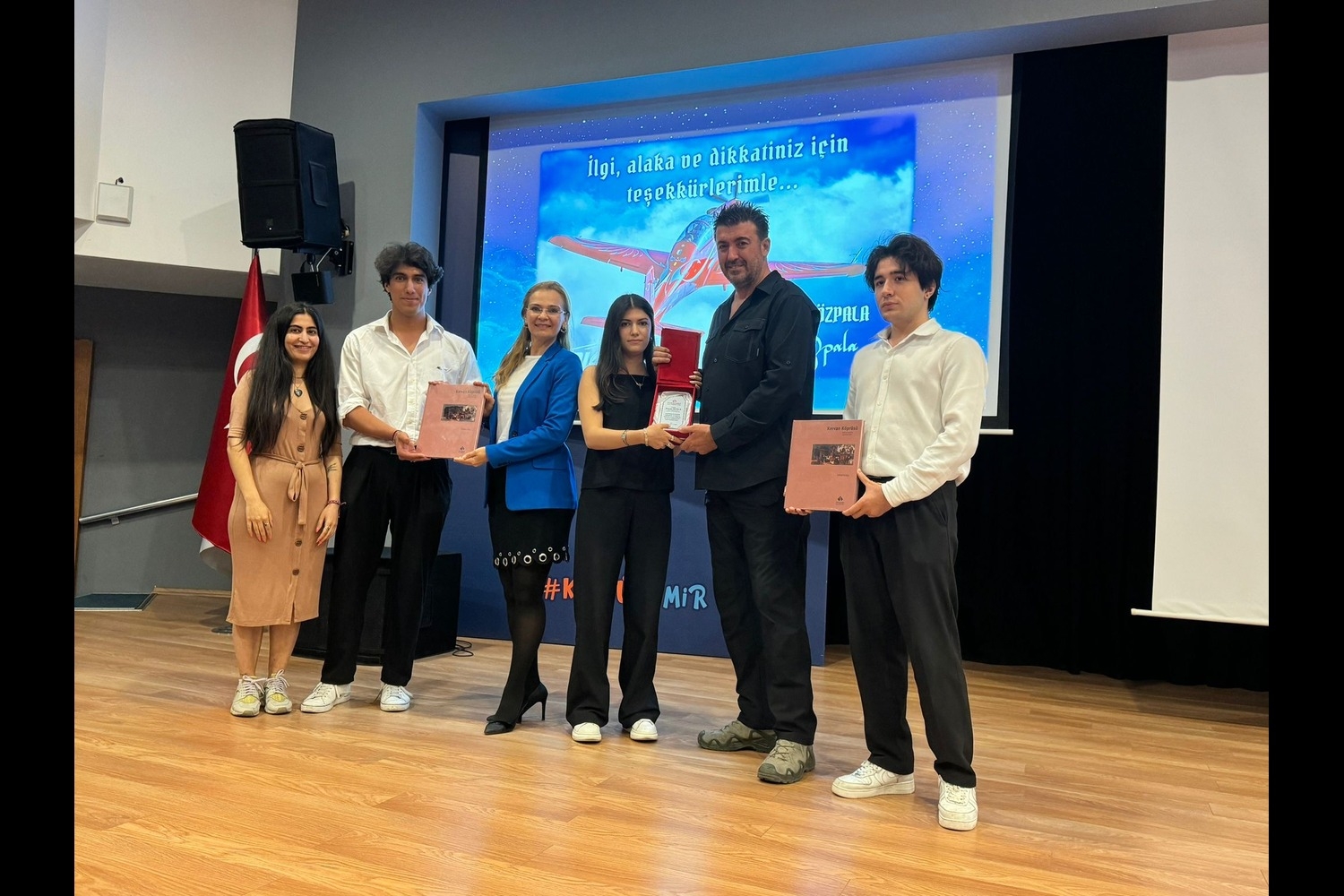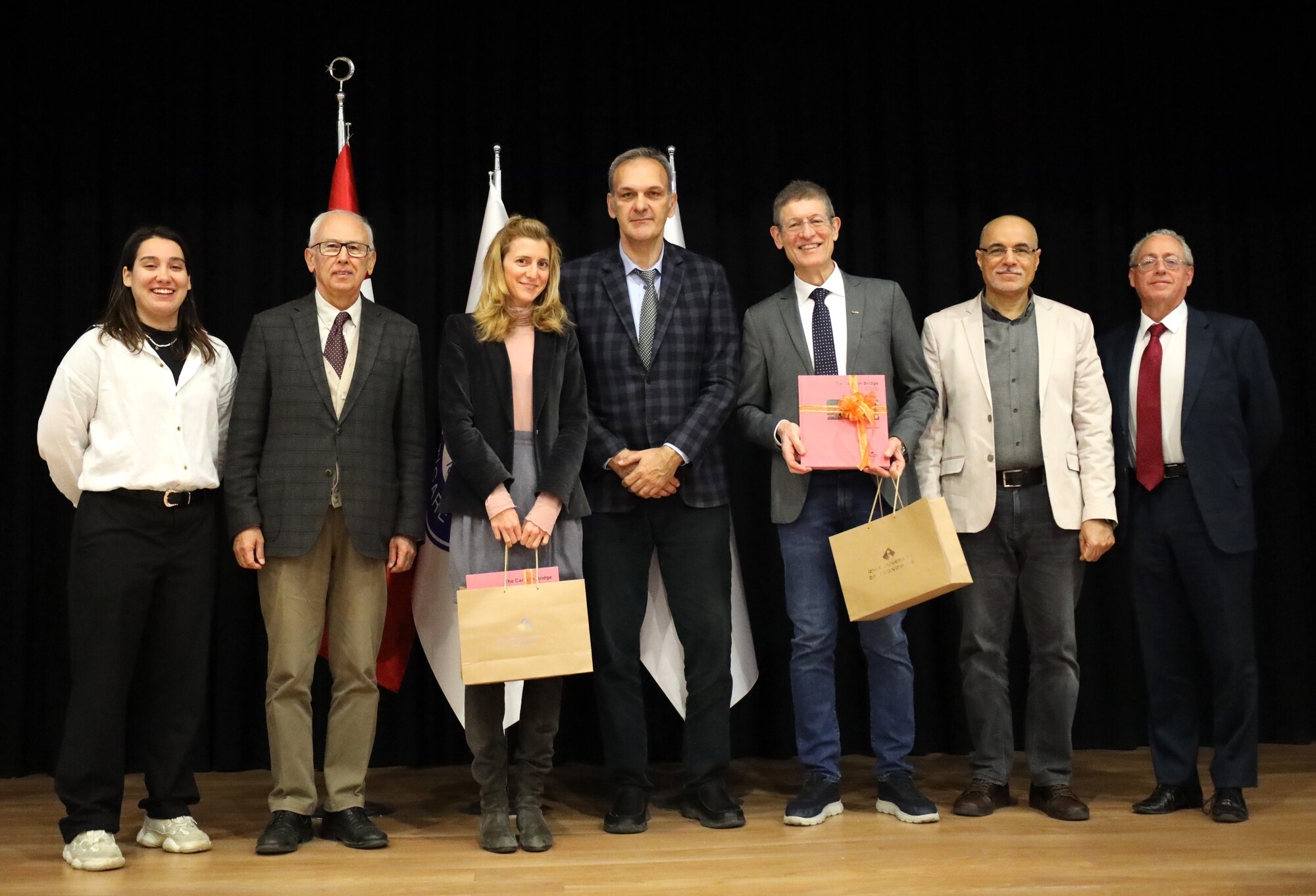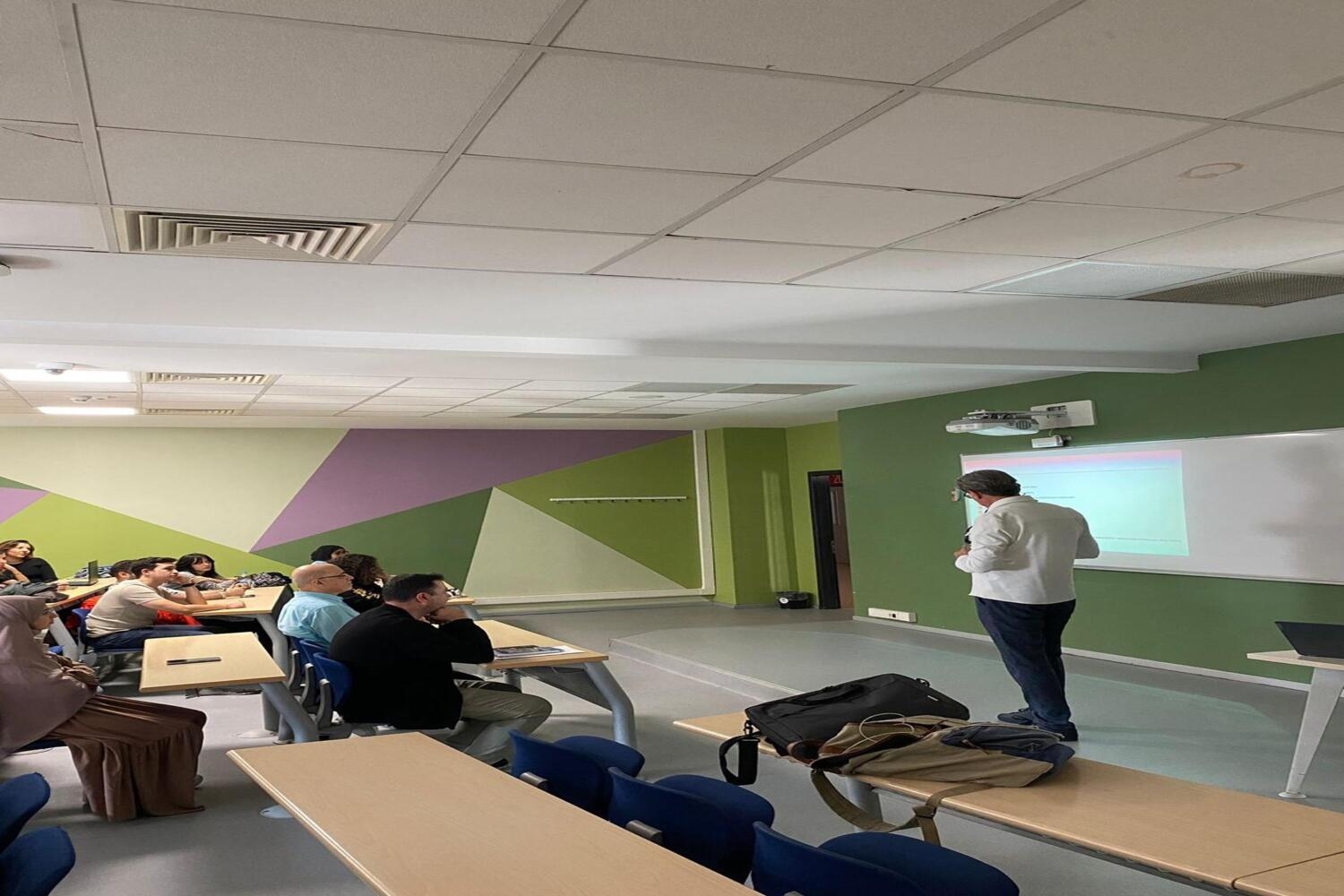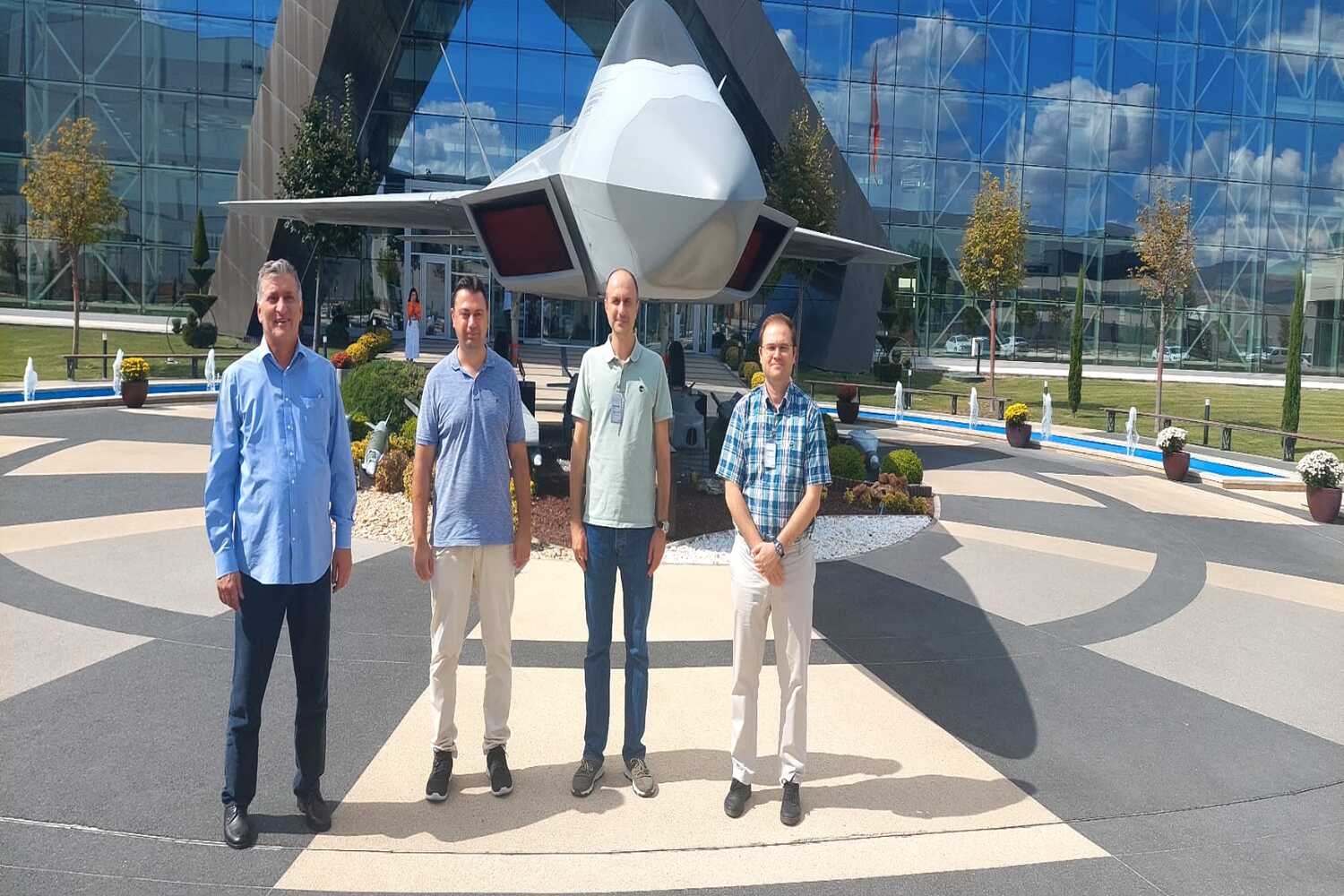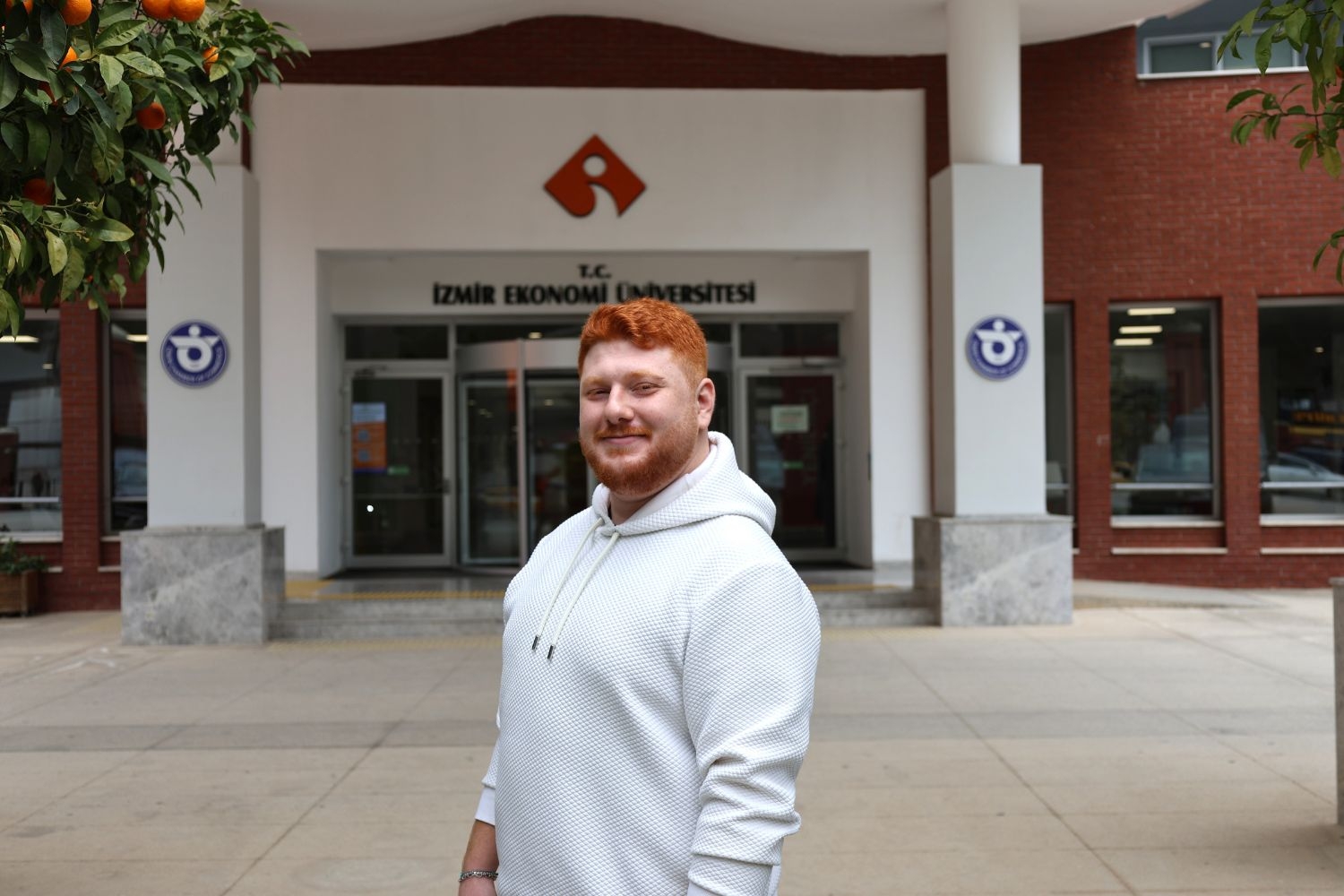|
Course Name
|
English for Career Development
|
|
Code
|
Semester
|
Theory
(hour/week)
|
Application/Lab
(hour/week)
|
Local Credits
|
ECTS
|
|
ENG 410
|
Fall/Spring
|
3
|
0
|
3
|
4
|
|
Prerequisites
|
| |
To be a junior (3th year) student |
| or |
To be a senior (4th year) student |
|
|
Course Language
|
English
|
|
Course Type
|
Service Course
|
|
Course Level
|
First Cycle
|
|
Mode of Delivery
|
- |
|
Teaching Methods and Techniques of the Course
|
Discussion
Group Work
Q&A
Role Playing
|
|
National Occupation Classification
|
-
|
|
Course Coordinator
|
|
|
Course Lecturer(s)
|
|
|
Assistant(s)
|
- |
|
Course Objectives
|
The aim of this course is to prepare our students for starting their professional lives by simulating all stages of the job application process. |
|
Learning Outcomes
|
|
#
|
Content
|
PC Sub
|
* Contribution Level
|
|
1
|
2
|
3
|
4
|
5
|
| 1 | analyze typical information found in job advertisements to determine if the position is right for them | | | | | | | | 2 | write a personalized CV | | | | | | | | 3 | acquire general knowledge of the type of information requested in job application forms | | | | | | | | 4 | write a cover letter by using appropriate content and language | | | | | | | | 5 | utilize various interview strategies effectively during a job interview | | | | | | | | 6 | acquire general knowledge of the content and style of professional follow-up emails | | | | | | | | 7 | apply their basic knowledge of how to handle job offers and rejection, including accepting, declining, and negotiating | | | | | | | | 8 | utilize professional terminology in various contexts related to the job application process | | | | | | |
|
|
Course Description
|
This course is designed to equip students with the necessary skills and knowledge that they will need when they start their professional lives. The course simulates all stages of the job application process, including topics like finding job openings, CVs, job application forms, cover letters, job interviews, and following up, as well as handling job offers and rejection. |
|
Related Sustainable Development Goals
|
|
|
|
Core Courses |
|
| Major Area Courses |
|
| Supportive Courses |
|
| Media and Management Skills Courses |
|
| Transferable Skill Courses |
|
WEEKLY SUBJECTS AND RELATED PREPARATION STUDIES
|
Week |
Subjects |
Related Preparation |
Learning Outcome
|
| 1 |
Introduction to the Course |
|
| 2 |
Researching Yourself |
Austin Ömürlü, H. (2019). Atlas: Putting your career on the map. (A. Yürekli, Ed.). Izmir: Izmir University of Economics. pgs. 20-30 / BB Tests |
| 3 |
Job Hunting |
Austin Ömürlü, H. (2019). Atlas: Putting your career on the map. (A. Yürekli, Ed.). Izmir: Izmir University of Economics. pgs. 31-39 /BB Tests |
| 4 |
Job Application Form and CVs |
Austin Ömürlü, H. (2019). Atlas: Putting your career on the map. (A. Yürekli, Ed.). Izmir: Izmir University of Economics. pgs. 52-67/BB Tests |
| 5 |
Writing an Effective Cover Letter |
Austin Ömürlü, H. (2019). Atlas: Putting your career on the map. (A. Yürekli, Ed.). Izmir: Izmir University of Economics. pgs. 68-84/BB Tests |
| 6 |
Successful Job Interviews I |
Austin Ömürlü, H. (2019). Atlas: Putting your career on the map. (A. Yürekli, Ed.). Izmir: Izmir University of Economics. pgs. 85-97/BB Tests |
| 7 |
Successful Job Interviews II |
Austin Ömürlü, H. (2019). Atlas: Putting your career on the map. (A. Yürekli, Ed.). Izmir: Izmir University of Economics. pgs. 98-105/BB Tests |
| 8 |
Successful Job Interviews III |
Austin Ömürlü, H. (2019). Atlas: Putting your career on the map. (A. Yürekli, Ed.). Izmir: Izmir University of Economics. pgs. 106-109/BB Tests |
| 9 |
Midterm Exam Week |
|
| 10 |
Successful Job Interviews IV |
Austin Ömürlü, H. (2019). Atlas: Putting your career on the map. (A. Yürekli, Ed.). Izmir: Izmir University of Economics. pgs. 109-112/BB Tests |
| 11 |
Job Interviews I |
|
| 12 |
Job Interviews II |
|
| 13 |
Post-interview Follow-up |
Austin Ömürlü, H. (2019). Atlas: Putting your career on the map. (A. Yürekli, Ed.). Izmir: Izmir University of Economics. pgs. 113-119/BB Tests |
| 14 |
Handling Job Offers and Rejection |
Austin Ömürlü, H. (2019). Atlas: Putting your career on the map. (A. Yürekli, Ed.). Izmir: Izmir University of Economics. pgs. 120-133/BB Tests |
| 15 |
Review of the Semester |
Austin Ömürlü, H. (2019). Atlas: Putting your career on the map. (A. Yürekli, Ed.). Izmir: Izmir University of Economics. pgs. 1-133 |
| 16 |
Final Exam |
|
|
Course Notes/Textbooks
|
Austin Ömürlü, H. (2019). Atlas: Putting your career on the map. (A. Yürekli, Ed.). Izmir: Izmir University of Economics. (in-house)
|
|
Suggested Readings/Materials
|
www.mynextmove.org
|
EVALUATION SYSTEM
|
Semester Activities
|
Number |
Weigthing |
LO 1 | LO 2 | LO 3 | LO 4 | LO 5 | LO 6 | LO 7 | LO 8 |
| Participation |
1
|
20
|
| Laboratory / Application |
-
|
-
|
| Field Work |
-
|
-
|
| Quizzes / Studio Critiques |
-
|
-
|
| Portfolio |
-
|
-
|
| Homework / Assignments |
1
|
10
|
| Presentation / Jury |
-
|
-
|
| Project |
1
|
10
|
| Seminar / Workshop |
-
|
-
|
| Oral Exams |
1
|
20
|
| Midterm |
-
|
-
|
| Final Exam |
1
|
40
|
| Total |
5
|
100
|
| Weighting of Semester Activities on the Final Grade |
5
|
60
|
| Weighting of End-of-Semester Activities on the Final Grade |
1
|
40
|
| Total |
6 |
100 |
ECTS / WORKLOAD TABLE
|
Semester Activities
|
Number |
Duration (Hours) |
Workload |
Theoretical Course Hours
(Including exam week: 16 x total hours) |
16
|
3
|
48
|
Laboratory / Application Hours
(Including exam week: '.16.' x total hours) |
-
|
-
|
-
|
| Study Hours Out of Class |
14
|
3
|
42
|
| Field Work |
-
|
-
|
-
|
| Quizzes / Studio Critiques |
-
|
-
|
-
|
| Portfolio |
-
|
-
|
-
|
| Homework / Assignments |
1
|
8
|
8
|
| Presentation / Jury |
-
|
-
|
-
|
| Project |
1
|
7
|
7
|
| Seminar / Workshop |
-
|
-
|
-
|
| Oral Exam |
-
|
-
|
-
|
| Midterms |
-
|
-
|
-
|
| Final Exam |
1
|
10
|
10
|
| |
|
Total |
115
|
COURSE LEARNING OUTCOMES AND PROGRAM QUALIFICATIONS RELATIONSHIP
|
#
|
PC Sub |
Program Competencies/Outcomes
|
* Contribution Level
|
|
1
|
2
|
3
|
4
|
5
|
|
1 |
To have theoretical and practical knowledge that have been acquired in the area of Mathematics, Natural Sciences, and Aerospace Engineering.
|
-
|
-
|
-
|
-
|
-
|
|
2 |
To be able to assess, analyze and solve problems by using the scientific methods in the area of Aerospace Engineering.
|
-
|
-
|
-
|
-
|
-
|
|
3 |
To be able to design a complex system, process or product under realistic limitations and requirements by using modern design techniques.
|
-
|
-
|
-
|
-
|
-
|
|
4 |
To be able to develop, select and use novel tools and techniques required in the area of Aerospace Engineering.
|
-
|
-
|
-
|
-
|
-
|
|
5 |
To be able to design and conduct experiments, gather data, analyze and interpret results.
|
-
|
-
|
-
|
-
|
-
|
|
6 |
To be able to develop communication skills, ad working ability in multidisciplinary teams.
|
-
|
-
|
-
|
-
|
-
|
|
7 |
To be able to communicate effectively in verbal and written Turkish; writing and understanding reports, preparing design and production reports, making effective presentations, giving and receiving clear and understandable instructions.
|
-
|
-
|
-
|
-
|
-
|
|
8 |
To have knowledge about global and social impact of engineering practices on health, environment, and safety; to have knowledge about contemporary issues as they pertain to engineering; to be aware of the legal ramifications of Aerospace Engineering solutions.
|
-
|
-
|
-
|
-
|
-
|
|
9 |
To be aware of professional and ethical responsibility; to have knowledge about standards utilized in engineering applications.
|
-
|
-
|
-
|
-
|
-
|
|
10 |
To have knowledge about industrial practices such as project management, risk management, and change management; to have awareness of entrepreneurship and innovation; to have knowledge about sustainable development.
|
-
|
-
|
-
|
-
|
-
|
|
11 |
To be able to collect data in the area of Aerospace Engineering, and to be able to communicate with colleagues in a foreign language (‘‘European Language Portfolio Global Scale’’, Level B1).
|
-
|
-
|
-
|
-
|
-
|
|
12 |
To be able to speak a second foreign language at a medium level of fluency efficiently.
|
-
|
-
|
-
|
-
|
-
|
|
13 |
To recognize the need for lifelong learning; to be able to access information, to be able to stay current with developments in science and technology; to be able to relate the knowledge accumulated throughout the human history to Aerospace Engineering.
|
-
|
-
|
-
|
-
|
-
|
*1 Lowest, 2 Low, 3 Average, 4 High, 5 Highest
